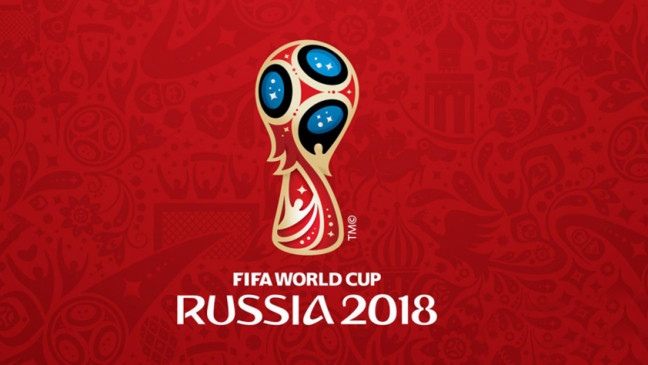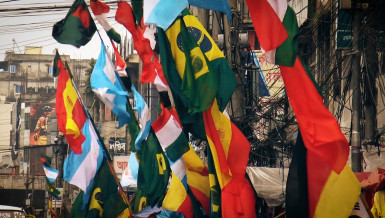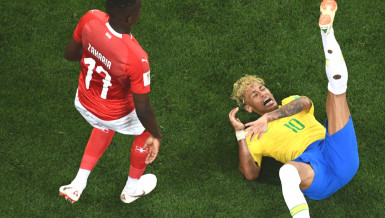Panama and Tunisia have been the fall-guys in the two top-scoring matches of World Cup 2018, but both teams will hope to show they have learnt some lessons from their efforts in Russia before they head home after their Group G match on Thursday.
Tunisia, ranked 21st in the world and representing the Arab world as well as Africa, are probably more anxious to salvage some pride from the campaign. Panama, making their debut in the tournament, at times have seemed happy enough just to be here.
This will be the first time the two nations have faced each other and a robust game can be expected, with both sides prone to indulge in wrestling bouts in defence.
The North Africans played well enough in their opening game against a stuttering England, going down 2-1 to a late Harry Kane goal, but they then got thumped 5-2 by a rampant Belgium.
Making their fifth appearance in the World Cup, Tunisia have yet to get beyond the group stage, but securing third place in the group would be a shred of compensation.
After the Belgium match, Tunisia coach Nabil Maaloul said Arab soccer still had a lot of catching up to do to present a challenge at the highest level. Morocco, Saudi Arabia and Egypt all failed to move to the next stage in Russia.
Coming from a continent that boasts perennial powerhouses Brazil and Argentina and from a country where baseball is the most popular sport, "los Canaleros" (Canalmen) of Panama always had more modest ambitions.
Overwhelmed in their first match 3-0 by Belgium in Sochi then 6-1 to an England team hitting its stride in Nizhny Novgorod, their celebrations when Felipe Baloy scored against England might have given the impression they had won the game.
Coach Hernan Dario Gomez said that Panama, ranked 55th by FIFA, had learned some harsh lessons and should use the baptism of fire as a foundation for improvement.
The Colombian spoke humbly and honestly after the drubbing by England.
"I've really enjoyed watching the games at this World Cup and been very, very happy to be here. It's just such a pity that we've been knocked out," said Gomez, who coached his native Colombia at the 1998 finals and Ecuador four years later.




 For all latest news, follow The Daily Star's Google News channel.
For all latest news, follow The Daily Star's Google News channel. 










Leave your comments